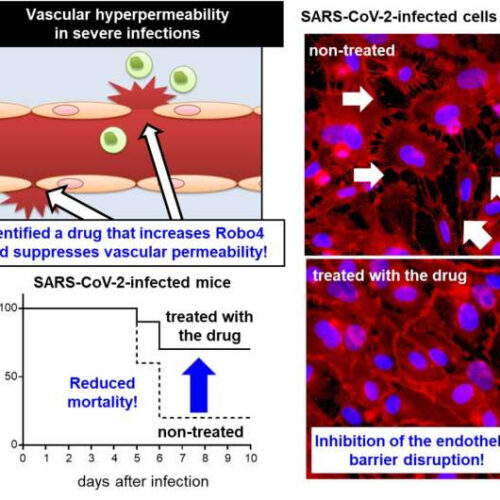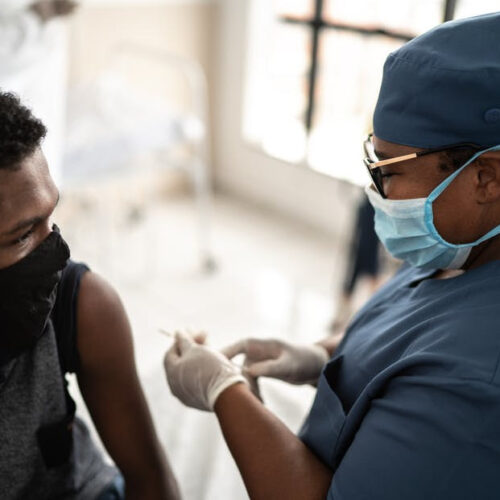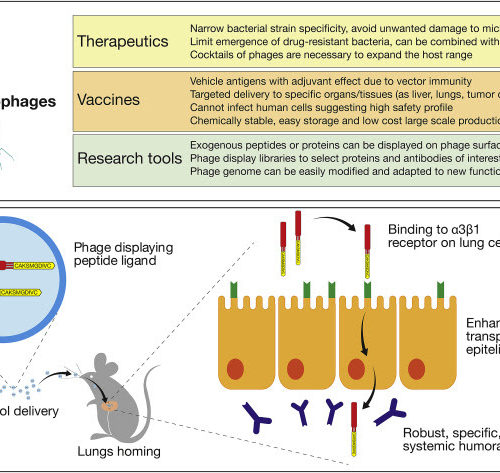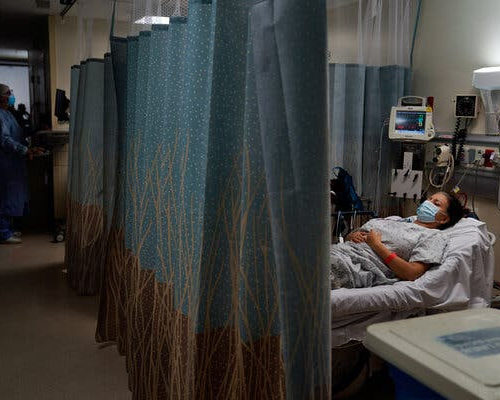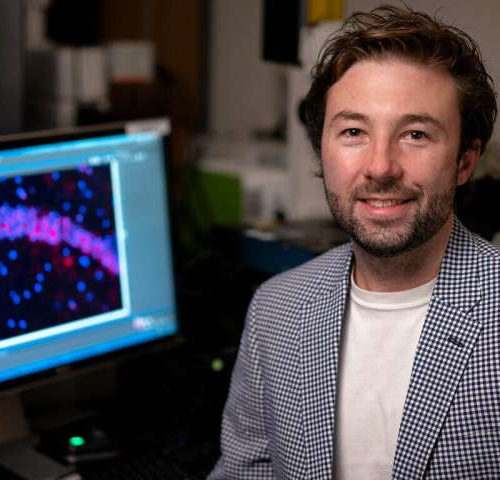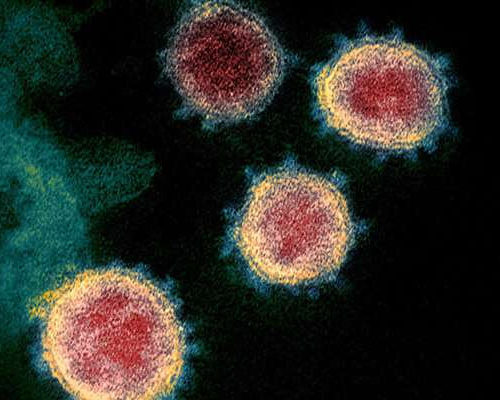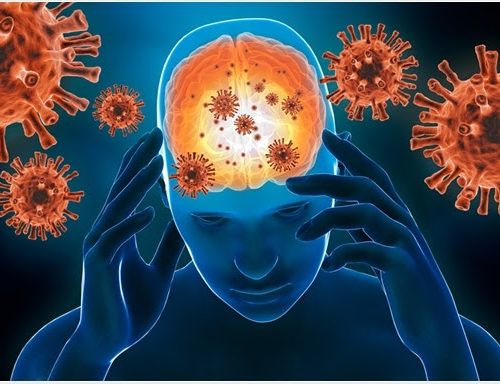Penn State researchers highlight the potential for microrobots in diagnosing and treating infectious diseases. A microscope catching blood cells – artistic interpretation. Biofilms—structured communities of microorganisms that create a protective matrix shielding them from external threats, including antibiotics—are responsible for about 80% of human infections and present a significant challenge in medical treatments, often resisting...
Tag: <span>infectious disease</span>
Blood vessel protein found to reduce mortality in infectious disease
by Osaka University A vascular permeability inhibitor and its therapeutic effect on SARS-CoV-2 infection Credit: Original data are from PNSA and modified by Yoshiaki Okada Pipes play an essential role in bringing water to the faucets in your home, but if one of those pipes springs a leak, damage can result. Similarly, the vascular system...
New study reveals how to rejuvenate the immune system of elderly people and reduce their risk of infectious disease
by University of California, Irvine Results from new study, led by Michael Demetriou, MD, PhD, may pave the way for new potential therapeutic targets to rejuvenate the immune system in older adults and thereby reduce their risk of infectious disease. Credit: UCI/Steve Zylius A new study, led by researchers from the University of California, Irvine,...
Should my child get the COVID-19vaccine? 7 questions answered by a pediatric infectious disease expert
May 14, 2021 8.36am EDT Vaccination is one way we can help get kids back to in-person activities. FG Trade/Getty Images The Food and Drug Administration expanded emergency use authorization of the Pfizer-BioNTech COVID-19 vaccine to include adolescents 12 to 15 years of age on May 10, 2021. The Centers for Disease Control and Prevention followed with recommendations endorsing...
Bacteriophages, a multi-tool to fight infectious disease
Published: December 15, The selectivity of bacteriophages and the flexibility of phage-based preventative or curative treatments hold the promise to counteract the emerging antimicrobial resistant bacteria and other pathogens. An increasing understanding of the phage biology and recent scientific advancements in the field suggest that this might be possible. Main Text Bacteriophages (or phages) have...
You’re Infected With the Coronavirus. But How Infected?
By Apoorva Mandavilli Knowing the amount of virus carried in the body could help doctors predict the course of a patient’s illness. A patient in the emergency room of a hospital in Los Angeles awaited the results of a coronavirus test this month. Credit…Jae C. Hong/Associated Press As Covid-19 patients flood into hospitals nationwide, doctors are facing an impossible question. Which patients in...
Low humidity increases COVID risk; another reason to wear a mask
Dry air could prompt further disease spread A study focused on the Greater Sydney area during the early epidemic stage of COVID-19 found an association between lower humidity and an increase in community transmission. Now a second study by the same team confirms the risk. The study is published today in Transboundary and Emerging Diseases....
Targeting the LANDO pathway holds a potential clue to treating Alzheimer’s disease
by St. Jude Children’s Research Hospital Scientists at St. Jude Children’s Research Hospital are advancing understanding of a potential Alzheimer’s disease treatment. The work focuses on LC3-associated endocytosis (LANDO) and its role in neuroinflammation. The results appeared as an advance online publication today in Science Advances. The researchers previously discovered the LANDO pathway in microglial...
Researchers show children are silent spreaders of SARS-CoV-2
by Massachusetts General Hospital In the most comprehensive study of COVID-19 pediatric patients to date, Massachusetts General Hospital (MGH) and Mass General Hospital for Children (MGHfC) researchers provide critical data showing that children play a larger role in the community spread of COVID-19 than previously thought. In a study of 192 children ages 0-22, 49...
Diagnosis and Treatment of Encephalitis
By Benedette Cuffari, M.Sc. Reviewed by Emily Henderson, B.Sc. By definition, encephalitis is the inflammation of the brain. The causes of infectious encephalitis can be viral, bacterial, fungal, protozoal, or helminthic; however, about 70% of encephalitis cases are viral in etiology. Types of encephalitis Encephalitis can be characterized as either primary or secondary. Whereas primary...

